The U.S. Health and Human Services Department’s Office of Inspector General (OIG) on Wednesday requested proposals and recommendations to develop new, or to modify existing, safe harbor provisions under the Social Security Act’s federal anti-kickback statute.
The statute applies criminal penalties for whoever knowingly—and willingly—offers, pays, solicits, or receives money to induce or reward the referral for, or purchase of, items and services that are reimbursed under any federal healthcare program. Because of the statute’s broad reach, there was concern that the statute included relatively harmless business arrangements.
This has had an especially negative effect on implementing “contingency management/motivational incentive treatment” practices in which individuals receive small rewards for improving treatment outcomes. Contingency management is an evidence-based practice that the National Institute on Drug Abuse and the Substance Abuse and Mental Health Services Administration developed as a joint initiative in 2001.
This treatment intervention is especially critical for individuals with stimulant use disorders, for which there are no effective treatment medications. According to the Centers for Disease Control and Prevention, drug overdoses involving psychostimulants increased 33.3% between April 2019 and April 2020, the highest percentage increase of all categories of drugs involved in overdoses for that time period.
Healthcare providers and others could comply with safe harbor conditions so that they are not subject to the federal anti-kickback statute.
The OIG will accept comments on the proposed rule until Tuesday, Feb. 16, 2021. Click here to learn how to submit recommendations.

